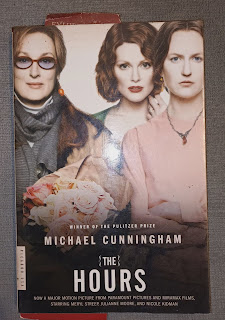In today's excerpt--the poor and disenfranchised,including Jewish, Irish, and italian immigrants in early twentieth century America, often have disproportionate
success in high-risk sports because these sports are seen as a way out of poverty:
"There had been a Jewish [boxing] champion as far back as 1791, when Daniel Mendoza, a native of London's poor Whitechapel neighborhood and only 5'7" and 160 pounds, won the world heavyweight championship, which he held for four years. Mendoza, a Sephardic Jew, was a ring revolutionary in that during an era of roughhouse brawling, he introduced a scientific style of boxing, predicated on jabbing, counterpunching, and strong defense, qualities that were virtually unknown during the days of the bare-knuckle era. After losing his title in 1795 when he was
thirty-one, Mendoza became London's most renowned boxing instructor.
"By the second decade of the twentieth century, six Jews had won world titles, and, in total numbers,Jews were third behind Irish and Italian professional boxers. That number continued to grow in the 1930s when seven Jews held world titles. The high point was in 1933 when Maxie Rosenbloom (light heavyweight), Ben Jeby middleweight), Jackie Fields (welterweight), and Barney Ross (lightweight) held half of the eight world titles then recognized. ...
"For many young Jews, Italians, and Irish-Americans, boxing, for all its inherent risks, was seen as a way out of poverty. Also, Jews who grew up in crowded ghettos such as New York's Lower East Side or the Maxwell Street neighborhood in Chicago were
disinclined to take up baseball or football because playing fields were virtually nonexistent. Boxing, by contrast, required little space, and settlement houses,
where the sport was taught, abounded in Jewish ghettos.
" 'You did it for money, no other reason,' said Danny Kapilow, a good welterweight of the 1940s. ... 'It was very hard to get jobs before the war.' ... Some Jewish
fighters of the era conceded that the street fights they got into after being attacked by Irish and Italian teenagers helped them develop into boxers. 'As a kid
growing up in an Italian and Irish neighborhood in West New York, New Jersey, right across the Hudson River from Manhattan, I got into a lot of fights after being called a Jew bastard and worse.' "
Jack Cavanaugh, Tunney,
Ballantine, Copyright 2006 by Jack Cavanaugh, pp.
96-97.
Subscribe to:
Post Comments (Atom)
“The Hours” by Michael Cunningham: Time, Identity, and the Echo of Virginia Woolf
When I first read The Hours , I didn’t know a novel could hold so many worlds in a single breath. Michael Cunningham’s Pulitzer-winning b...

-
[ Filipiniana Book Shelf series focuses on books on the PAWR library - that is, bought books that have been read and are being re-read jus...
-
When I first read The Hours , I didn’t know a novel could hold so many worlds in a single breath. Michael Cunningham’s Pulitzer-winning b...


No comments:
Post a Comment